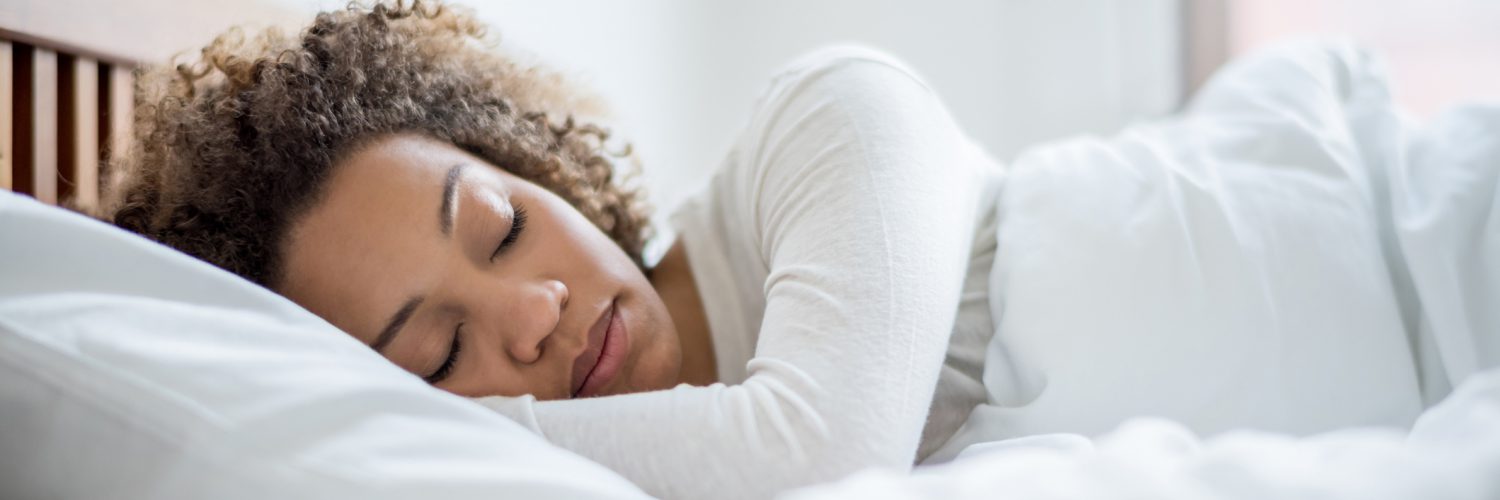Feeling groggy, cranky or sleep-deprived? It’s common as the pandemic has disrupted our routines and reduced our exposure to natural light, throwing off our natural sleep/wake cycles. Furthermore, increased anxiety, worry, depression and stress-related fatigue also sabotage sleep. It’s more important than ever to get consistent quality sleep, helping to strengthen the immune system, heighten brain function, enhance mood and improve mental health. Try these tips:
Stick to a strict sleep/wake schedule. Include extra wind-down rituals each night like reading, gentle stretching or meditating. And don’t oversleep—sleeping more than the recommended 7-9 hours could make you feel irritable and unfocused throughout the day.
Keep daytime schedules. Even if you aren’t leaving the house, shower and get dressed, eat meals at the same time, and carve out time periods for work and exercise.
Reserve your bed for sleep. Don’t do your work, watch movies, scroll through news, etc., from your bed.
Increase your daytime exposure to natural light. This helps regulate your sleep/wake cycle. Go outside even on overcast days, and keep the blinds open indoors. Then, an hour before bedtime, shut off your devices—the blue light emitted can interfere with sleep. Consider using device settings or apps that filter blue light.
Other advice: Stay connected with others, limit naps, avoid alcohol and caffeinated beverages late in the day, practice relaxation techniques, and restrict checking coronavirus-related news to pre-set times each day. Try to focus on positive stories and conversations.
Feeling overwhelmed? Talk to a licensed counselor or your healthcare practitioner for guidance.



